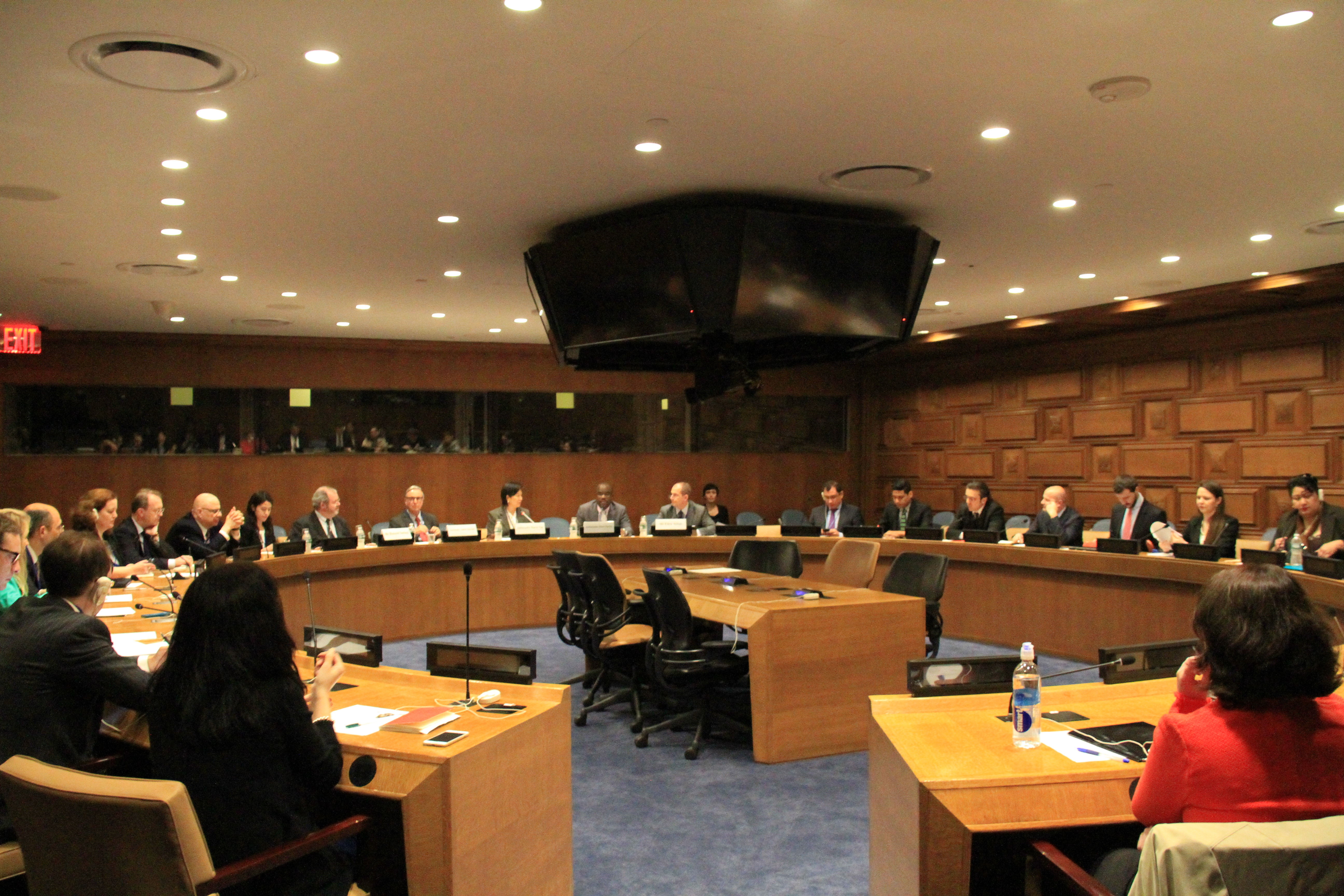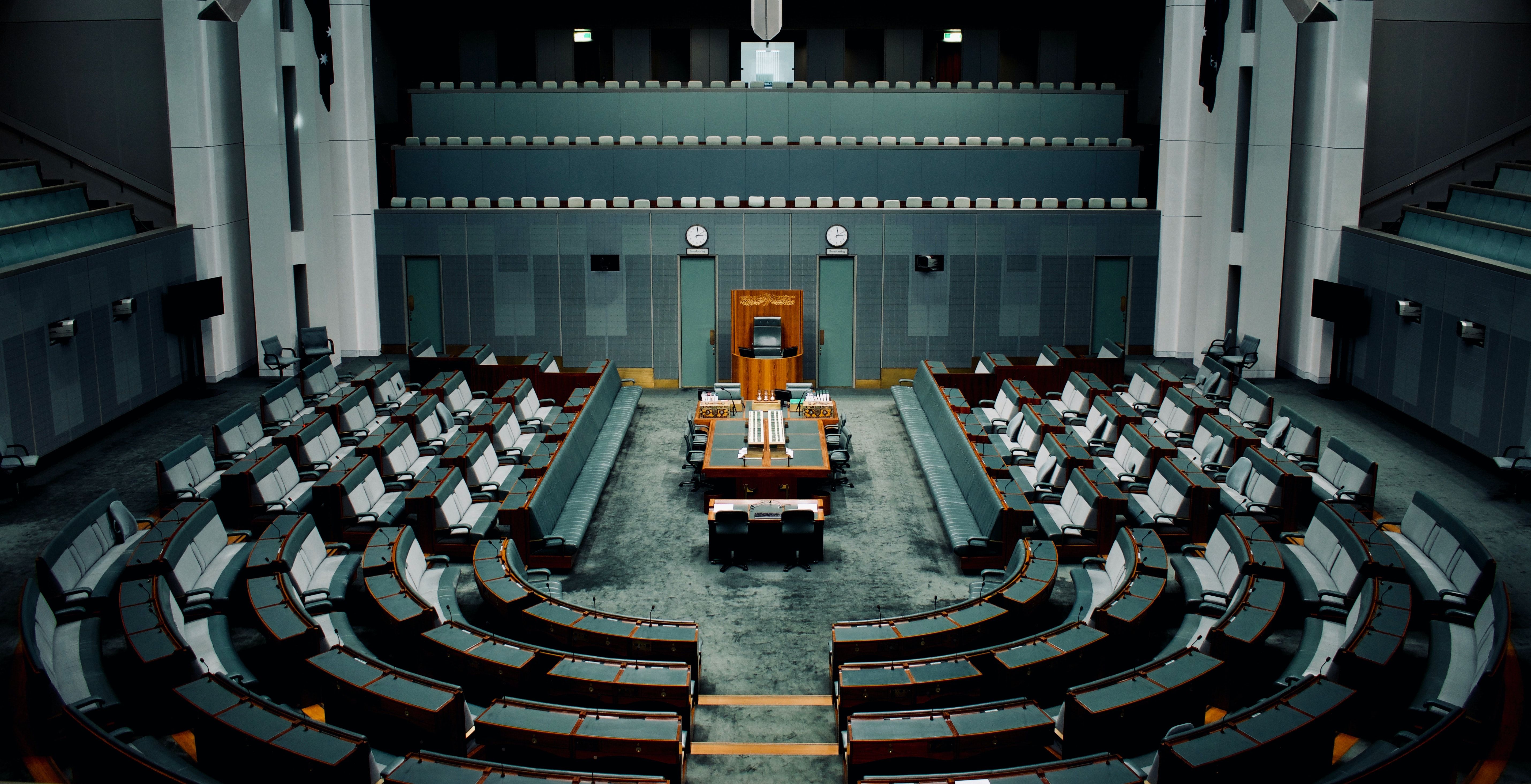In this edition of Monthly Tax Update for April 2021, we provide the recent updates in legislative, tax developments in the areas of corporate tax, individual tax and international tax. We also include the ATO’s recent activities, including its publications, class rulings issued in the past month, latest Australian tax cases and other news in this edition.
|
| Tax laws 2020 No 4 Bill passes House The Treasury Laws Amendment (2020 Measures No 4) Bill 2020 has passed the House of Representatives with government amendments to, among other things, the temporary mechanism to enable ministers to change meeting and documentary requirements, in response to COVID-19. The Bill proposes to:
For more details, please refer here. |
| COVID-19 Stimulus Packages Updates COVID-19: continuation of data matching program for JobKeeper The ATO has published a notice advising on the continuation of the current data matching program relating to the JobKeeper program between Services Australia and the ATO. The JobKeeper program ended on 28 March 2021. This data matching program involves the exchange of data between the ATO and Services Australia to compare information held by the ATO relating to the JobKeeper Payment, and information that social security payment customers have reported to Services Australia. For more details, please refer here. COVID-19: rules on notices under SME Recovery Loan Scheme amended The rules relating to notices under the SME Recovery Loan Scheme established in response to the COVID-19 pandemic have been amended. The Coronavirus Economic Response Package (Payments and Benefits) Amendment Rules (No 10) 2021 (the Amending Rules) allow financial institutions participating in the SME Recovery Loan Scheme to confirm that notices have been provided by the ATO to entities concerning their election to participate in the JobKeeper payment program. The amendments build on the existing confirmation process in the Coronavirus Economic Response Package (Payments and Benefits) Rules 2020 (the Rules) for authorised-deposit taking institutions (ADIs) and allow both ADIs and non-ADIs to seek confirmation of the information about an entity’s election to participate in the JobKeeper payment program. Where a financial institution provides a notice to the ATO in the approved form, the ATO is required to advise the financial institution if the specified information concerning the JobKeeper payment is information that has been exchanged between the ATO and the entity. This ensures that a financial institution can verify if all of the information specified in the approved form as having been exchanged with the ATO, is information either provided by an entity to the ATO or provided by the ATO to the entity. The Amending Rules also include minor miscellaneous amendments to the Rules that ensure the payment and notice requirements under Div 4 and 5 of the Rules appropriately and accurately reflect the two-tiered JobKeeper payment system. These changes do not affect the operation of the Scheme and are consistent with the intended policy. For further details, please refer here. ATO on JobKeeper voluntary repayments The ATO has released information about the approach to dealing with voluntary repayments of JobKeeper payments by employers that they were otherwise legally entitled to and have received. Whilst confirming that eligible businesses do not need to repay JobKeeper payments, the ATO sets out the process for making a voluntary repayment, and importantly, the tax consequences of making a repayment. The ATO has confirmed that whilst all JobKeeper payments are assessable income (even those repaid), a voluntary repayment of JobKeeper may be deductible in limited circumstances and only if the voluntary payment is clearly appropriate to achieve, or directed at achieving, the business objectives of the business (e.g. prevent reduction in business, or publicise and promote your business in the short-term). The ATO will generally not apply compliance resources to confirm if the payment is deductible provided the original JobKeeper payments were correctly assessable, and the taxpayer acted in good faith and used best endeavours to determine deduction entitlement. For more information, please refer here. |  |
 | Tax treaties: OECD publishes 30 country profiles applying Arbitration under the multilateral BEPS Convention On 25 March 2021, the OECD, in its capacity as Depositary of the Multilateral Convention to Implement Tax Treaty Related Measures to Prevent Base Erosion and Profit Shifting (the MLI), has published the Arbitration Profiles of 30 jurisdictions applying Part VI on Arbitration of the MLI and an opinion of the Conference of the Parties to the MLI.
Part VI of the MLI allows jurisdictions choosing to apply it to adopt mandatory binding arbitration for the resolution of tax treaty disputes. The Arbitration Profiles have been developed to provide taxpayers with additional information on the application of Part VI of the MLI for each jurisdiction choosing to apply that Part. The Arbitration Profiles also allow those jurisdictions to make publicly available clarifications on their position on the MLI Arbitration. Each of the Arbitration Profiles includes:
Please refer here to access the Arbitration Profiles.
On 15 March 2021, the Conference of the Parties to the MLI approved an opinion that clarifies the interpretation and application of Article 35 of the MLI on the entry into effect of its provisions. In particular, the opinion clarifies a question that had arisen with respect to the entry into effect of the MLI for taxes withheld at source where the latest of the dates of entry into force of the MLI for a pair of Contracting Jurisdictions is on 1 January of a given calendar year. An early version of this opinion, which was initially prepared by the Secretariat in 2018, was published on the OECD website on 14 November 2018. For further details of the MLI, please refer here. OECD releases new peer review results on the prevention of tax treaty shopping under the BEPS Action 6 minimum standard In an effort to continue tackling international tax avoidance, the OECD has released the latest peer review report assessing jurisdictions' efforts to prevent tax treaty shopping and other forms of treaty abuse under Action 6 of the OECD/G20 BEPS Project. A revised peer review document forming the basis of the assessment of the Action 6 minimum standard was also released on 1 April 2021. The third peer review report on the implementation of the Action 6 minimum standard on treaty shopping reveals that a large majority of members of the OECD/G20 Inclusive Framework on BEPS (Inclusive Framework) are translating their commitment on treaty shopping into actions and are modifying their treaty network. For more details, please refer here. As one of the four minimum standards, BEPS Action 6 identified treaty abuse, and in particular treaty shopping, as one of the principal sources of BEPS concerns. Treaty shopping typically involves the attempt by a person to access indirectly the benefits of a tax agreement between two jurisdictions without being a resident of one of those jurisdictions. To address this issue, all members of the Inclusive Framework have committed to implementing the Action 6 minimum standard and participate in annual peer reviews to monitor its accurate implementation. The latest report includes the aggregate results of the peer review and data on tax treaties concluded by each of the 137 jurisdictions that were members of the Inclusive Framework on 30 June 2020. The data compiled for this peer review demonstrates that the BEPS Multilateral Instrument (MLI) has been the tool used by the vast majority of jurisdictions that have begun implementing the Action 6 minimum standard, and that the MLI has started to impact tax treaties of jurisdictions that have ratified it. The impact and coverage of the MLI is expected to rapidly increase as jurisdictions continue their ratifications and as other jurisdictions with large tax treaty networks consider joining it. To date, the MLI covers 95 jurisdictions and over 1700 bilateral tax treaties. The revised peer review documents were also released on 1 April 2021, they form the basis on which the peer review process will be undertaken as of 2021. The consolidated document includes the Terms of Reference which set out the criteria for assessing the implementation of the Action 6 minimum standard, and the Methodology which sets out the procedural mechanism by which the review will be conducted. Please refer here for the copy of the revised peer review documents. |
| Consultation on transitional application periods for the director ID obligations The government has released draft instruments that provide the transitional application periods for directors to apply for a director ID. The new director ID regime introduced under the Modernising Business Registers (MBR) program provides a director ID, a unique identifier that a director will keep forever. The director ID will help prevent fictitious directors’ appointment and facilitate traceability of their profile and relationships with companies over time. The transitional application periods will facilitate the testing of technology systems to ensure that the new platform delivers a robust, reliable and consistent user experience. It will also provide sufficient time for directors to apply for director ID. However, directors must apply for a director ID before the end of the transitional period. The draft legislative instruments specify that the transitional application period under the Corporations Act 200 is from 4 April 2021 to 30 November 2022. Directors of indigenous corporations governed by the Corporations (Aboriginal and Torres Strait Islander) Act 2006 (the CATSI Act) have separate obligations to apply for a director ID. The transitional application period under the CATSI Act is from 4 April 2021 to 30 November 2023. The MBR program plans to commence issuing director IDs to CATSI Act directors after the Corporations Act 2001 directors have been fully onboarded into the system. The closing date for submissions is 16 April 2021. For further information, please refer here.
COVID-19 financial reporting deadlines - 2020 and beyond In 2020 ASIC announced measures for both listed and unlisted entities to extend the deadline to lodge financial reports under the Corporations Act 2001 (Corps Act) by one month for balance dates up to and including 7 January 2021. This relief remains in place. The ASIC relief does not apply to registered foreign companies. In a March 2021 media release, ASIC stated that it is not currently intending to extend this relief for entities with financial years that end after 7 January 2021. The following table is the current state of play:
*Entities with balance dates before 21 February 2020 will not receive the one-month extension. **Entities with balance dates before 31 December 2019 will not receive the one-month extension. In all cases, entities may apply for individual relief, with ASIC, for extending a financial reporting deadline. ASIC has announced further ‘no-action’ relief in relation to AGMs. This relief:
This updated relief will remain up until the earlier of 31 October 2021 or the date further legislative measures are passed by Parliament. Before taking the one-month extension, offered entities should consider other contractual obligations which may require financial statements to be made available. |  |
 | Final FBT ruling on car parking benefits again deferred The ATO has again postponed the effective date for its upcoming final fringe benefits tax (FBT) ruling on car parking benefits to 1 April 2022. In December 2020, the ATO conducted a consultation on Draft Taxation Ruling TR 2019/D5 and a draft update to Chapter 16 of Fringe benefits tax – a guide for employers published in November 2019. Concerns were raised in consultation that the draft ruling relied too heavily on subjective factors such as the profit-making intention of a car parking operator, which an employer would have difficulty in establishing, for a nearby car park. To address the issue, the final FBT ruling will revise the test to determine what is a “commercial car parking facility” to focus on a car parking facility’s objective characteristics. Acknowledging the ongoing uncertainty for employers, the ATO has decided that the changes will apply from 1 April 2022, not 1 April 2021, as indicated in the draft ruling. The final draft ruling is intended to publish by mid-June 2021. For further information, please refer here. ATO issued draft ruling on application of PSI rules The ATO has issued draft taxation ruling (TR 2021-D1). The draft Ruling is about the personal services income (PSI) rules contained in Part 2-42 of the Income Tax Assessment Act 1997 and how they apply to an individual or entity. PSI is income that is mainly a reward for an individual’s personal efforts or skills (or would mainly be such a reward if it was the income of the individual). The PSI rules in Pt 2-42 of ITAA 1997 ensure that PSI received by an interposed company, partnership, or trust (a personal service entity (PSE)) is taxable to the individual who performed the personal services. The rules also limit the deductions available to a PSE and to individuals who provide personal services but do not work through a PSE. The Ruling explains:
ATO issued draft ruling on application of PSI rules (Cont.) The Ruling provides examples to illustrate the application of some of these principles:
The PSI rules do not apply if an individual provides their personal services to a service acquirer as an employee or if the PSE or sole trader conducts a PSB. When finalised, the Ruling will apply to arrangements begun to be carried out from the day after TR 2001/7 and TR 2001/8 are withdrawn. The closing date for comments on the draft ruling is 9 April 2021. For more information, please refer to the copy of the draft Ruling here. Class rulings issued:
|
|  |
Read full printable PDF report by clicking here
For more information, contact us:
| Managing Director Cameron Allen +61 3 9939 4488 cameron.allen@aa.tax |

